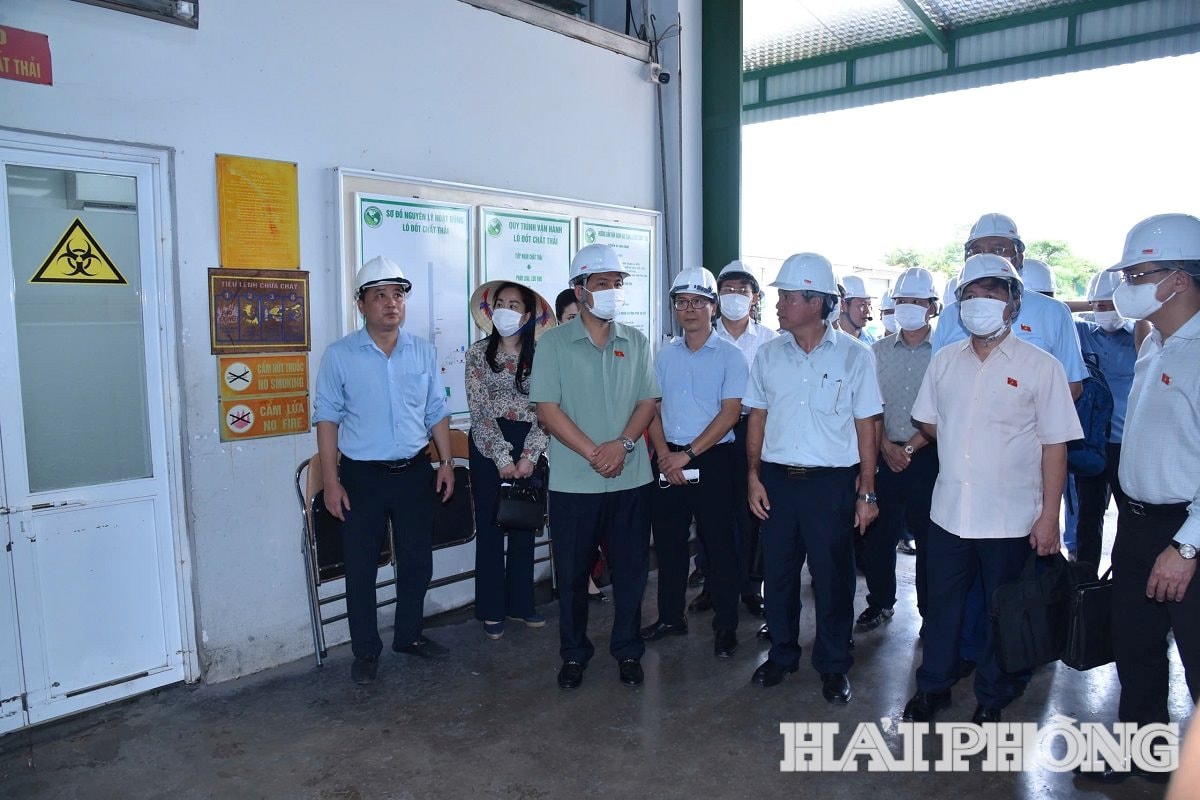
Through the thematic supervision of "Implementation of policies and laws on environmental protection since the Law on Environmental Protection 2020 took effect" in Hai Phong by the National Assembly in August, it was shown that the treatment of domestic solid waste in the city still faces many difficulties.
Not achieved the assigned target
According to the report of the City People's Committee, on average, the city generates more than 1,600 tons of domestic waste per day in urban areas and more than 1,600 tons per day in rural areas. Currently, the city is applying the method of burying domestic waste at 3 city-level treatment areas (Trang Cat, Dinh Vu, Gia Minh), 2 district-level treatment areas (Minh Tan, Bach Dang ward and Cha Cha village, in Cat Hai special zone) and 492 small-sized landfills.
Of the 492 small-sized landfills in operation, 327 are unsanitary. The proportion of urban solid waste treated by direct landfill technology over the total amount of waste collected is only 39.7% (in the West of the city) and 85% (in the East of the city), both of which have not met the assigned target of less than 30% of the amount of waste collected.
The risk of overload, high pollution, and wasting a lot of land at small landfills is real. For example, the temporary landfill in Tam Hung ward (old), now Nam Trieu ward, is overloaded, affecting the lives of people around it for a long time. The locality has tried to handle the situation by covering it with soil and transporting the garbage to the designated treatment site, but the landfill is still congested because of the amount of household waste that continues to be collected here every day.
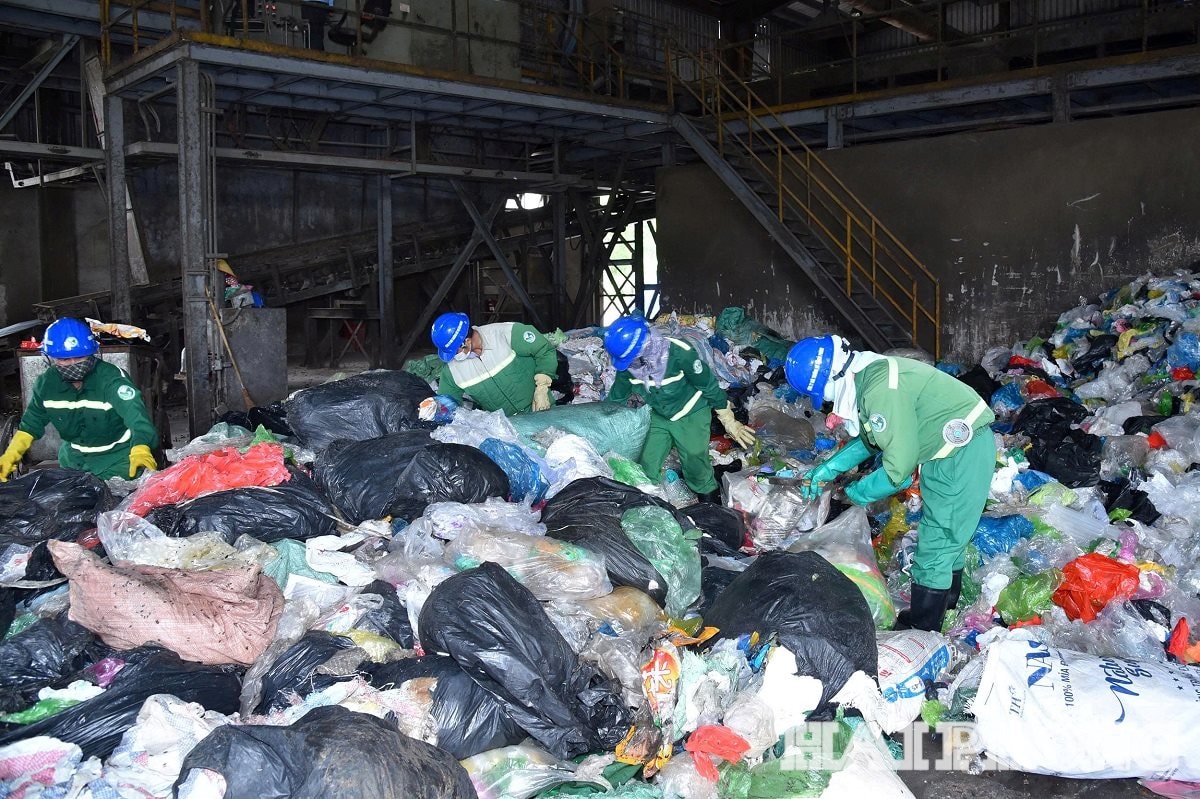
The current difficult problem is that investing in upgrading and renovating temporary landfills into sanitary landfills is facing many difficulties because many landfills are located outside the dike. Some landfills are full but there is no area to expand the landfill for upgrading and renovation. Some communes have adjusted their planning before implementation, so they have not updated their landfill planning, so it is necessary to adjust the planning to expand the landfill, ensuring inter-commune treatment capacity. Meanwhile, the Ministry of Agriculture and Environment has not issued technical guidelines and regulations on solid waste management to create a strong shift towards a green economy and a circular economy in the field of household solid waste management.
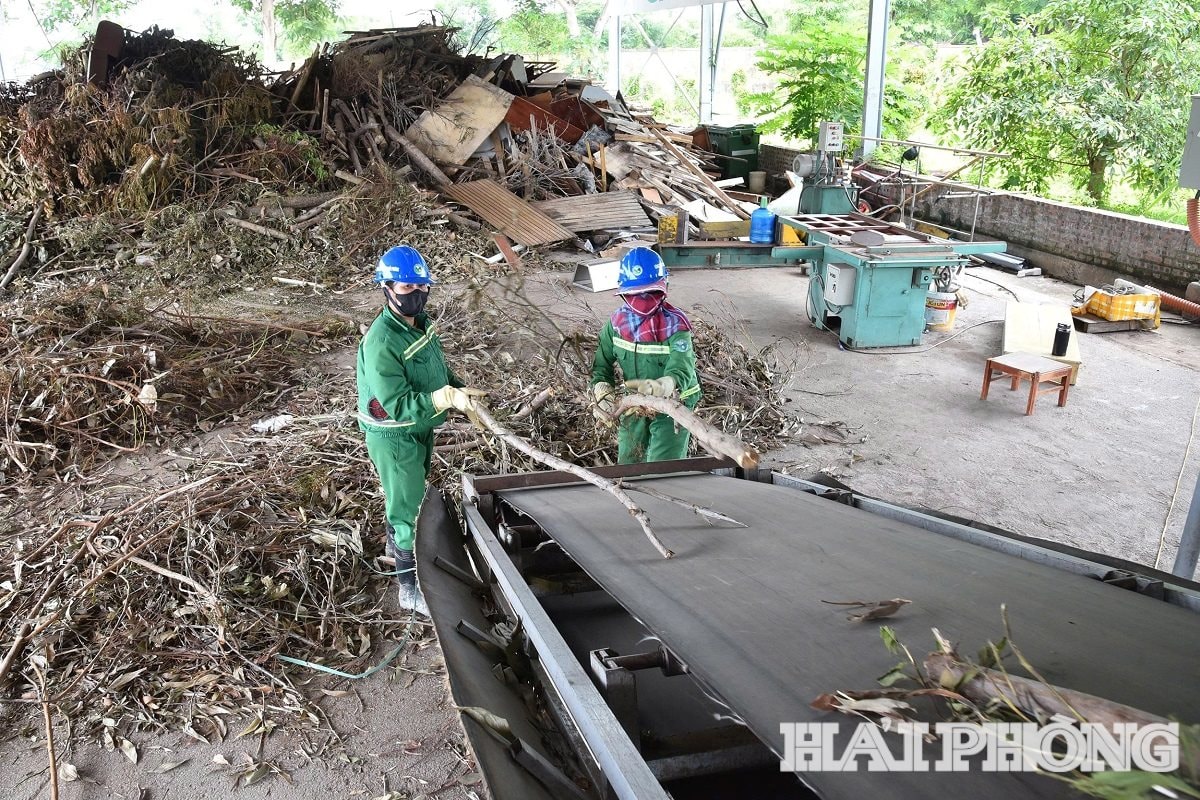
Towards waste-to-energy technology
Faced with this difficulty, the city is focusing on implementing many solutions to synchronize the technical infrastructure for collecting and treating domestic solid waste, especially promoting waste classification at source to increase recycling. The city is focusing on attracting investment in building domestic waste treatment plants with modern, environmentally friendly technology and recovering energy from waste, minimizing the amount of domestic solid waste buried.
To implement these solutions, at the meeting with the National Assembly's monitoring delegation, Director of the Department of Agriculture and Environment Bui Van Thang proposed that the Ministry of Agriculture and Environment soon provide specific instructions on the process and techniques for renovating, upgrading and treating environmental pollution at unsanitary landfills and areas polluted by waste. The Ministry also soon issued economic and technical norms for collecting, transporting and treating domestic solid waste for domestic solid waste buried at landfills so that localities have a basis for making budget estimates for implementing treatment for landfills in the planning, which need to be treated to change land use purposes.
On the other hand, the city is implementing procedures to select investors to build a domestic solid waste treatment plant using waste-to-energy technology in Dinh Vu (old Hai An district) with a capacity of 1,000 tons/day. However, this process is currently facing difficulties as regulations on bidding to select investors to build the plant are constantly changing, affecting the project's progress. Therefore, the city also requested the Ministry of Agriculture and Environment to soon issue guidelines on waste-to-energy technology applied worldwide to select domestic solid waste treatment facilities; and guidelines on methods and evaluation criteria to organize bidding to select investors to develop centralized domestic solid waste treatment projects.
Based on the proposal of Hai Phong city, at the monitoring session, Permanent Deputy Chairman of the National Assembly's Economic and Financial Committee Le Quang Manh, Head of the National Assembly's Monitoring Delegation No. 3, requested Hai Phong city to be resolute in implementing policies and laws on environmental protection, including the issue of daily household waste. The monitoring delegation requested ministries and branches, according to their assigned functions and authorities, to advise the Government to continue to remove obstacles and provide timely guidance to Hai Phong city, especially in selecting investors for waste-to-energy projects, in order to gradually eliminate unsanitary landfills that cause pollution in Hai Phong.
BUI HUONGSource: https://baohaiphong.vn/xoa-bo-bai-chon-lap-rac-sinh-hoat-khong-hop-ve-sinh-519212.html



![[Photo] General Secretary To Lam attends the opening ceremony of the National Achievements Exhibition](https://vphoto.vietnam.vn/thumb/1200x675/vietnam/resource/IMAGE/2025/8/28/d371751d37634474bb3d91c6f701be7f)
![[Photo] Politburo works with the Standing Committee of Cao Bang Provincial Party Committee and Hue City Party Committee](https://vphoto.vietnam.vn/thumb/1200x675/vietnam/resource/IMAGE/2025/8/28/fee8a847b1ff45188749eb0299c512b2)
![[Photo] General Secretary To Lam presents the 45-year Party membership badge to comrade Phan Dinh Trac](https://vphoto.vietnam.vn/thumb/1200x675/vietnam/resource/IMAGE/2025/8/28/e2f08c400e504e38ac694bc6142ac331)
![[Photo] Prime Minister Pham Minh Chinh meets with Speaker of the New Zealand Parliament Gerry Brownlee](https://vphoto.vietnam.vn/thumb/1200x675/vietnam/resource/IMAGE/2025/8/28/cec2630220ec49efbb04030e664995db)
![[Photo] Red flag with yellow star flutters in France on National Day September 2](https://vphoto.vietnam.vn/thumb/1200x675/vietnam/resource/IMAGE/2025/8/28/f6fc12215220488bb859230b86b9cc12)

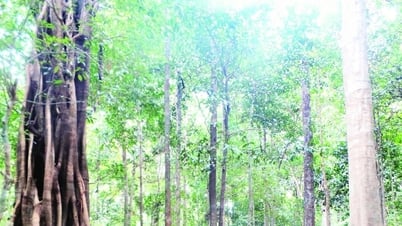

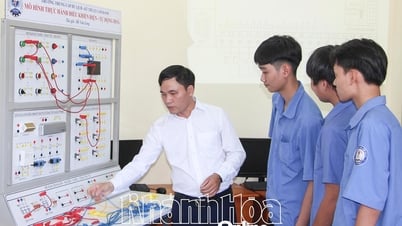

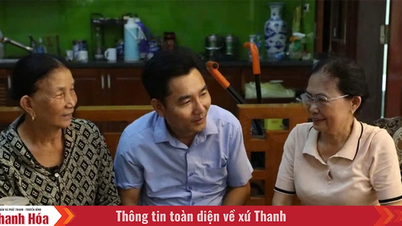

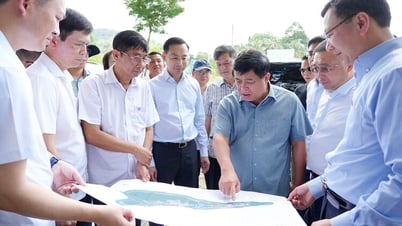

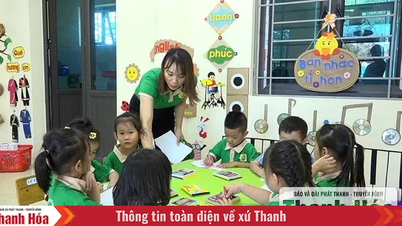
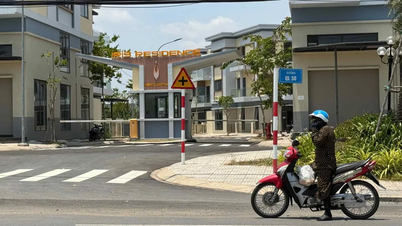








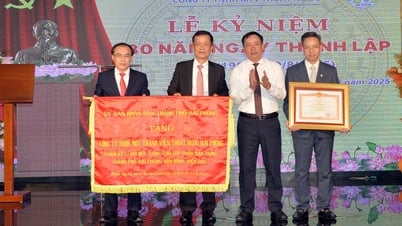



























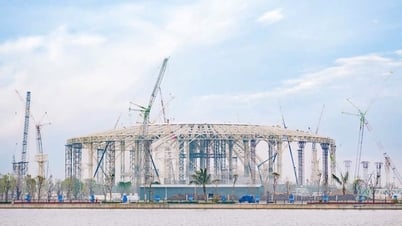

















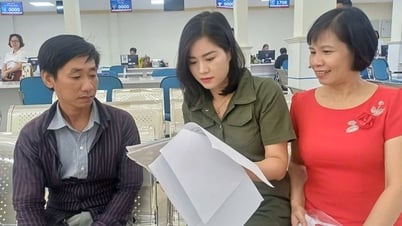

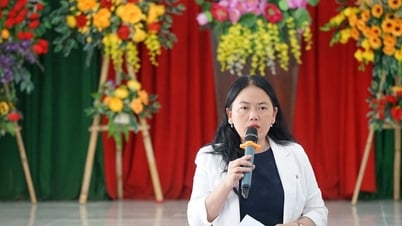
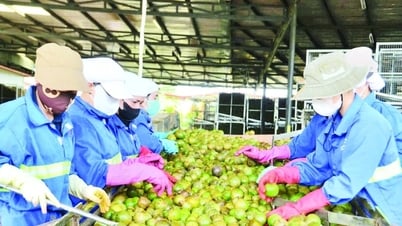
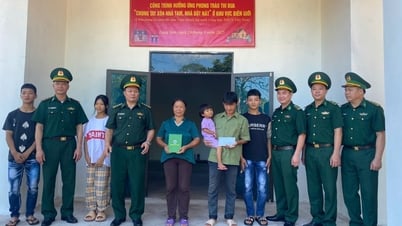

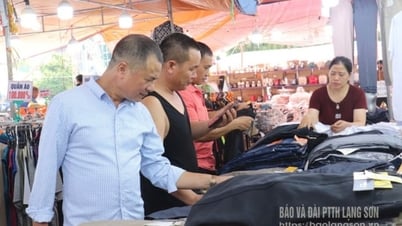
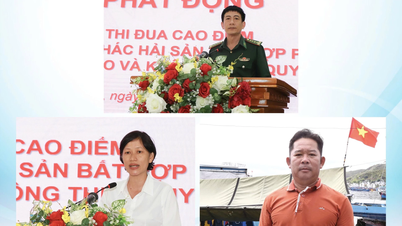













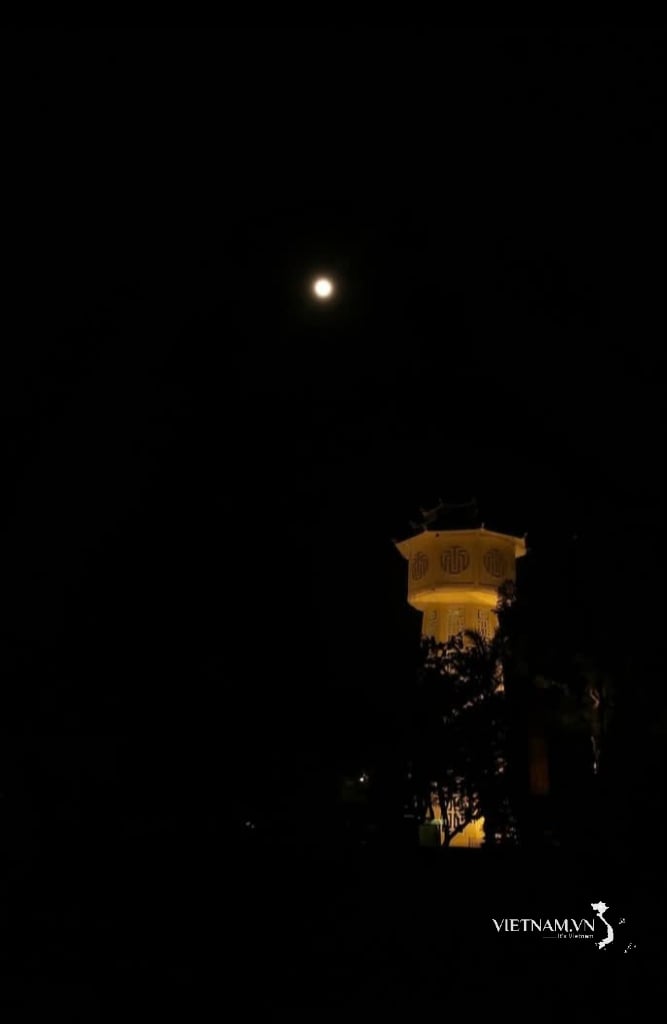

Comment (0)